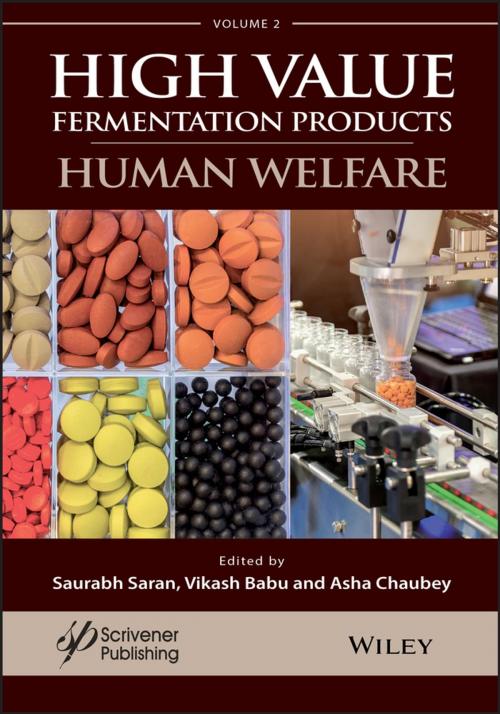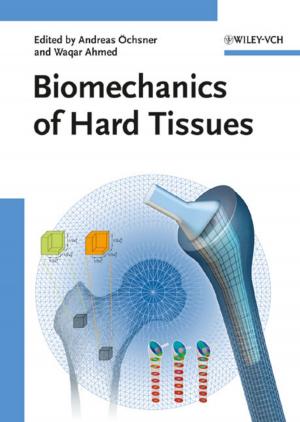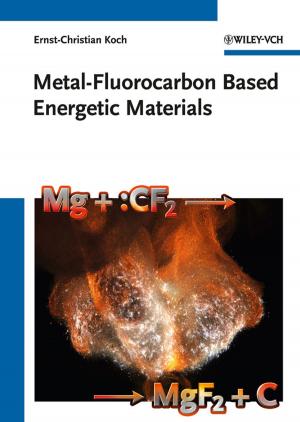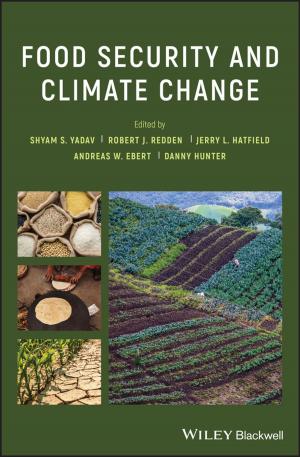A Handbook on High Value Fermentation Products, Volume 2
Human Welfare
Nonfiction, Science & Nature, Technology| Author: | ISBN: | 9781119555483 | |
| Publisher: | Wiley | Publication: | May 21, 2019 |
| Imprint: | Wiley-Scrivener | Language: | English |
| Author: | |
| ISBN: | 9781119555483 |
| Publisher: | Wiley |
| Publication: | May 21, 2019 |
| Imprint: | Wiley-Scrivener |
| Language: | English |
Green technologies are no longer the “future” of science, but the present. With more and more mature industries, such as the process industries, making large strides seemingly every single day, and more consumers demanding products created from green technologies, it is essential for any business in any industry to be familiar with the latest processes and technologies. It is all part of a global effort to “go greener,” and this is nowhere more apparent than in fermentation technology.
This second volume in the groundbreaking new set, High Value Fermentation Products, focuses on industries that a concerned with human welfare, including the leather industry, textiles, pharmaceutical and medical, food processing, and others. Covering topics such as chitin and chitosan, microbial polyhydroxyalkanoates, propanediol, and many others, the editors and contributors have contributed to an extremely important facet of chemical and process engineering and how to move these industries into a much more sustainable and environmentally conscious direction. From converting waste into apparel to creating healthier foods and more effective medicines, this is truly a monumental work that is a must-have for any chemical engineer, scientist, or chemist.
Green technologies are no longer the “future” of science, but the present. With more and more mature industries, such as the process industries, making large strides seemingly every single day, and more consumers demanding products created from green technologies, it is essential for any business in any industry to be familiar with the latest processes and technologies. It is all part of a global effort to “go greener,” and this is nowhere more apparent than in fermentation technology.
This second volume in the groundbreaking new set, High Value Fermentation Products, focuses on industries that a concerned with human welfare, including the leather industry, textiles, pharmaceutical and medical, food processing, and others. Covering topics such as chitin and chitosan, microbial polyhydroxyalkanoates, propanediol, and many others, the editors and contributors have contributed to an extremely important facet of chemical and process engineering and how to move these industries into a much more sustainable and environmentally conscious direction. From converting waste into apparel to creating healthier foods and more effective medicines, this is truly a monumental work that is a must-have for any chemical engineer, scientist, or chemist.















